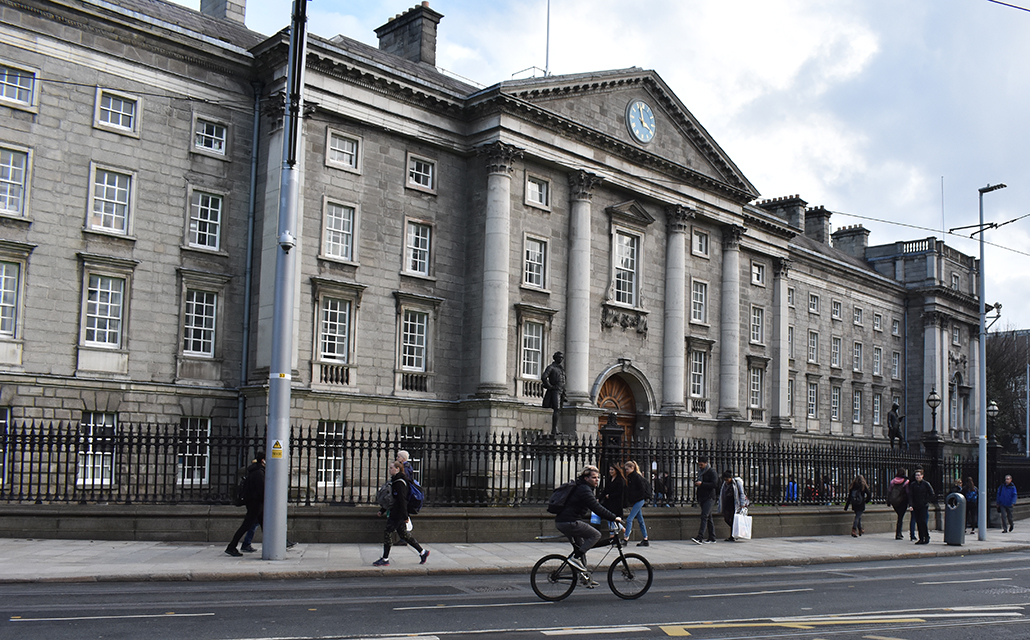
[dropcap]Trinity [/dropcap]College has spent €184,000 in an effort to investigate the cyber-scam that saw the Trinity Foundation losing €790,741 on April 27th, 2017.
The investigation effort saw the college spending money on IT specialists, and to pay legal fees to try and recover funds.
€217,000 has been recovered from the funds that were lost last year, TCD secretary John Coman said in a note to the Dáil Public Accounts Committee (PAC).
Combined, the loss of funds and the cost of the investigation effort totaled to €974,781 as of July 2018.
According to a report from The Irish Times on October 7th, over €60,000 was spent on an inquiry into the fraud, with an additional €76,500 spent on legal fees.
The money lost was donor funds to beneficiaries of the programme, tourist fees from Book of Kells and The Old Library visits were used to make up the difference in donor funds, so everyone who was due to receive donations were not affected by the incident.
The Trinity Foundation, a programme used to help disadvantaged young people get in to the university, was victim to the “Invoice Redirect” or “CEO Fraud” scam, which saw the scammers hacking email accounts of beneficiaries of the programme to receive payments from the university.
Last year, the crime was discovered when Gardaí were informed by police in the UK that there were a number of suspicious transactions related to the Trinity Foundation in Bank of Ireland accounts. Up to €250,000 was frozen in a number of bank accounts in the UK and the US.
Following the cyber-scam, the internal audit unit of the university carried out a review of the incident, and a detailed audit of the Trinity Foundation’s operations, which recommended a number of improvements.
The most efficacious outcome of the investigation is the improvements the university has made to its online security systems and its IT department in general.
It is unknown how much of the €570,000 that is still stolen will be recovered, what remains to be seen is how much more effective the college will be in dealing with a similar situation that may occur in the future, as online payment fraud continues to be the one of the most common methods of scamming this decade.
By: Thomas Hamilton
Image Credit: Alison Clair



